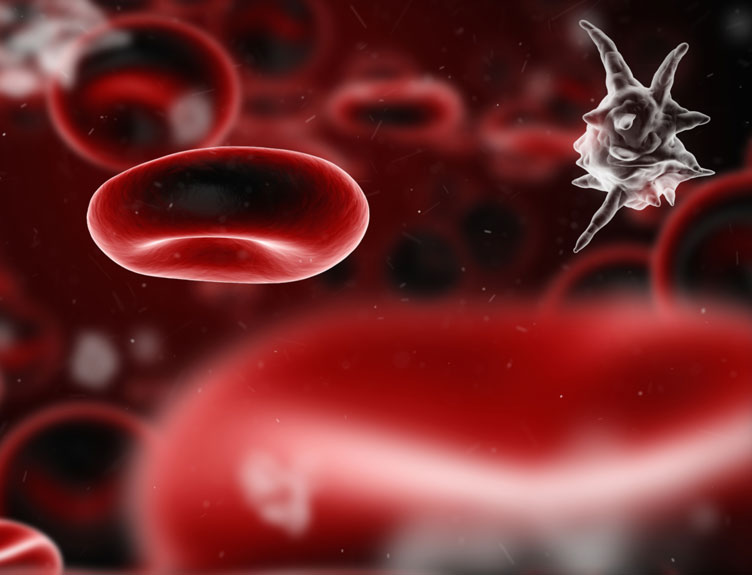RCSI MyHealth public lecture to inform people about symptoms of sepsis

Sepsis must be diagnosed early because every hour delay in treatment increases the risk of death, according to a leading sepsis researcher who was speaking ahead of a free public lecture taking place at RCSI this evening.
Sepsis, otherwise known as blood poisoning, is a silent killer because it is unpredictable, rapid and can go undiagnosed due to its non-specific signs and symptoms. Sepsis is a bigger killer than heart attack, lung cancer or breast cancer. There were more than 15,000 recorded cases of sepsis in Ireland in 2016, resulting in 3,000 deaths*, and 60% of all deaths in hospital** are related to a sepsis infection.
Prof. Steve Kerrigan, Associate Professor in Pharmacology at RCSI and inventor of InnovoSep, a potential new breakthrough therapy in the fight against sepsis, said: “Sepsis does not discriminate. Everyone, including the youngest and fittest of us, is potentially susceptible”.
The latest lecture in the RCSI MyHealth lecture series aims to begin a national conversation which helps people recognise the signs and symptoms of sepsis. Prof. Kerrigan explained that “sepsis can kill in 12 hours and that is why it is so critical that everyone in the community is empowered with the information to ask ‘could it be sepsis?’. These four words could save your life”.
The symptoms of sepsis mimic those of the flu - high temperature, rapid heart rate, rapid breathing, pain, pale or mottled skin, and feeling generally very sick. The main difference between sepsis symptoms and flu is that sepsis will come on very quickly whereas flu comes on over days.
A group led by Prof. Kerrigan has discovered a potential breakthrough drug, InnovoSep, which could prevent sepsis from occurring in at-risk people or prevent it spreading in people who have contracted sepsis. Prof. Kerrigan said that “this treatment has huge potential but it’s also important for people to be aware that there are simple things we can do to reduce the risk of sepsis occurring. Every cut, scrape or break in the skin can cause infection. All wounds need to cleaned quickly with clean water. If you have a wound that can’t close, then you most likely need stitches and you should get to a hospital”.
The speakers at this evening’s lecture are:
- Ciarán Staunton, of the Rory Staunton Foundation, will tell his son's story. In 2012, 12-year-old Rory developed sepsis after cutting his arm playing basketball. Tragically, Rory's sepsis went undiagnosed until it was too late, and sadly he passed away.
- Prof. Steve Kerrigan is Associate Professor in Pharmacology at RCSI and inventor of InnovoSep, a potential new breakthrough therapy in the fight against sepsis. Steve is a passionate advocate for educating people about the signs of sepsis.
- Prof. Ger Curley, RCSI Professor of Critical Care Medicine and Anaesthesia will discuss the devastating effects of sepsis, current treatment strategies available and will highlight new innovative treatments currently being developed and trialed globally.
- Dr Fidelma Fitzpatrick, RCSI Senior Lecturer and Consultant Microbiologist will outline the national strategy and guidelines as part of the Patient Safety First Initiative.
The RCSI MyHealth Lecture series is for people who want to learn more about common illnesses and health related topics, and how we can improve our personal health and well-being.
Register at http://rcsi.ie/myhealth or watch via live stream http://www.rcsi.ie/myhealthlive
RCSI is ranked among the top 250 (top 2%) of universities worldwide in the Times Higher Education World University Rankings (2018) and its research is ranked first in Ireland for citations. It is an international not-for-profit health sciences institution, with its headquarters in Dublin, focused on education and research to drive improvements in human health worldwide. RCSI is a signatory of the Athena SWAN Charter.



